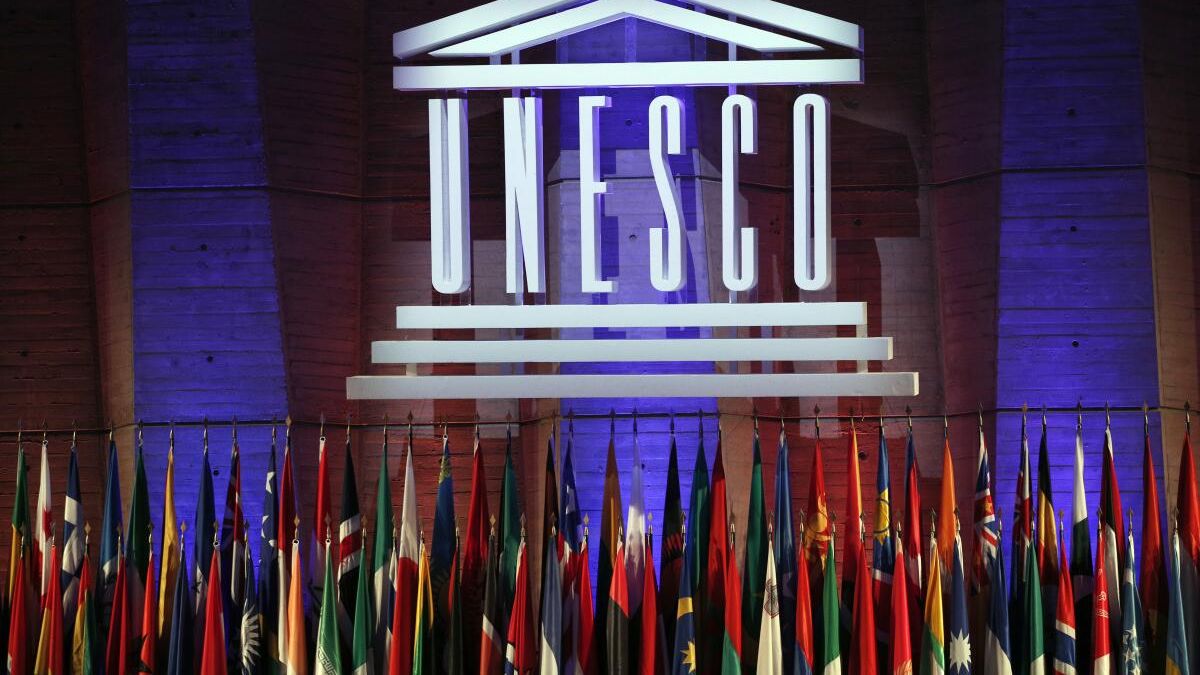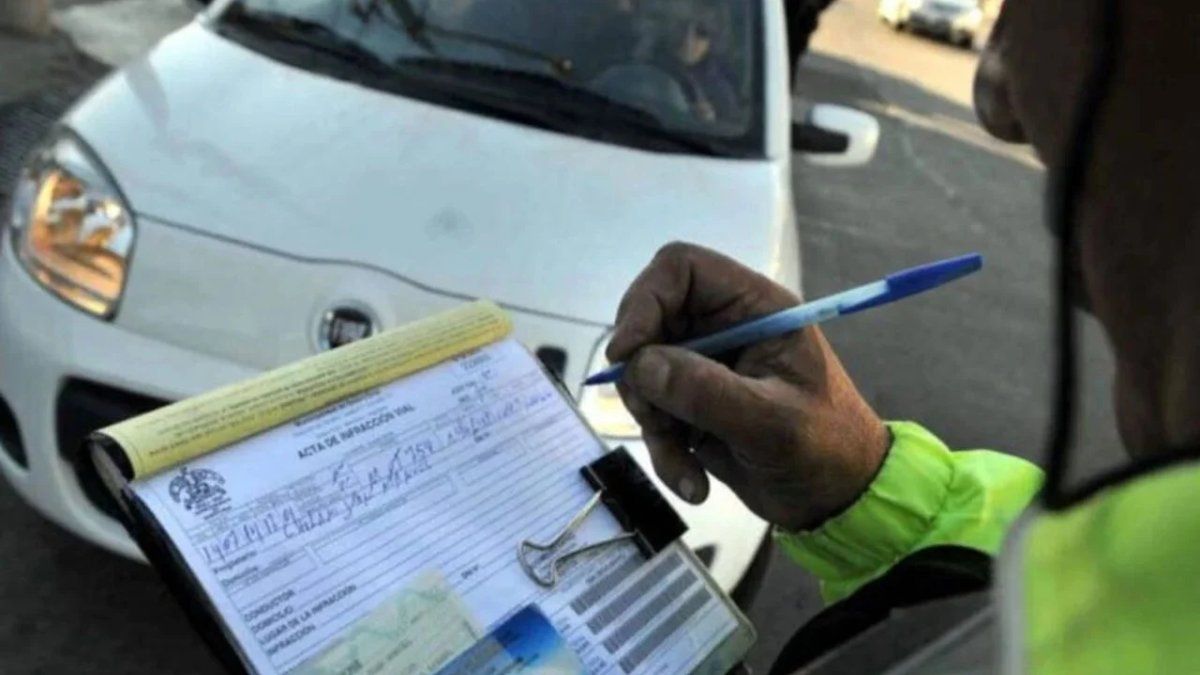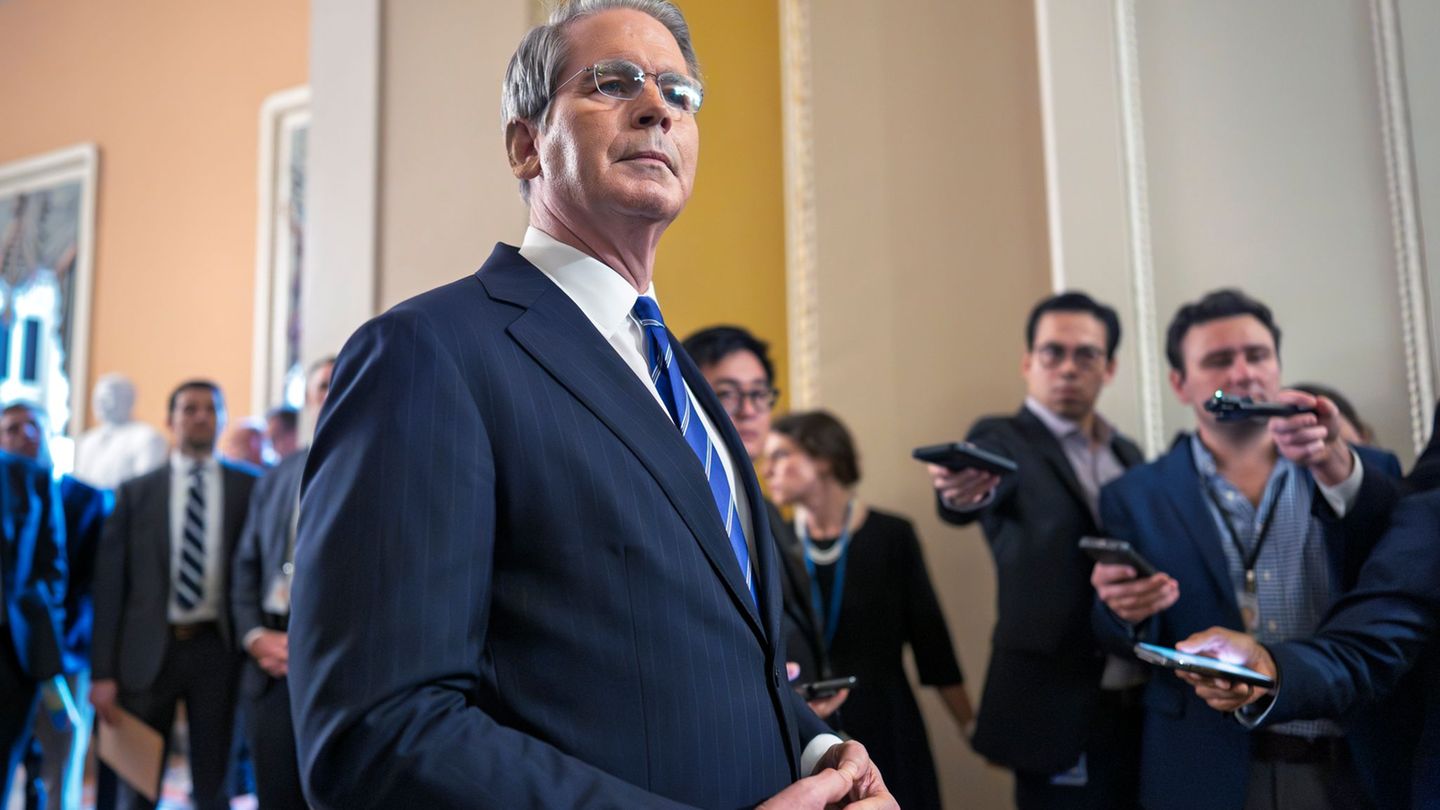With the highest state office, the long-term ruler could lose his last position of power. Milo Djukanovic’s opponents also stand for a foreign policy change of course.
In Montenegro, citizens are electing a new president. The pro-Western incumbent Milo Djukanovic went into the runoff with the most votes from the first round two weeks ago, but is still not considered a favorite. Because his challenger Jakov Milatovic supports the entire pro-Serbian camp, which had started with several candidates in the first round.
By 1:00 p.m., 39 percent of the approximately 540,000 citizens entitled to vote cast their votes, according to the Cemi election research institute. That was 3.2 percentage points more than at the same time two weeks ago. Polling stations are scheduled to close at 8 p.m. The results are expected on Monday night.
Djukanovic has dominated politics in Montenegro for more than three decades in various capacities – twice as president and four times as prime minister. His victory in this election would still come as a surprise. A defeat would mean the loss of his last position of power. More than two years ago, the presidential party DPS was defeated in the parliamentary elections by a coalition of pro-Serbian and reform parties.
Veteran or young politician?
In 2006, Djukanovic led the former Yugoslav republic to independence, and in 2017 to NATO. At the same time, his reign was repeatedly overshadowed by corruption and nepotism. There is a widespread need in Montenegro for new and fresh people in politics.
This mood favors the 36-year-old Milatovic. As economy minister of the first short-lived post-2020 pro-Serb government, he gained popularity by raising wages. At the same time, he is close to the Serbian Orthodox Church, which is directed from Belgrade. He is committed to his country’s intended EU accession, but at the same time stands for its close ties to Serbia.
Several unstable governments
The president, who is elected for five years, tends to only have protocol powers in Montenegro. In times of crisis, however, these can be upgraded. The largely pro-Serbian governments formed after 2020 proved unstable. As a result, Djukanovic dissolved parliament three days before the first round of the presidential election. At the same time, he called early elections for June 11th.
The move is considered controversial. However, the parliament proved unable to elect a successor to Prime Minister Dritan Abazovic, who was overthrown by a vote of no confidence last August. He is still in office today at the head of an acting government.
According to observers, the outcome of the presidential election could have consequences for Montenegro’s foreign policy orientation, especially since the pro-Serbian forces are also likely to dominate in the parliamentary elections in June. In the period leading up to 2020, Montenegro was a pioneer among the Western Balkan countries in EU rapprochement. Future, pro-Serbian coalitions would probably not turn their backs on the EU. At the same time, however, they could slow down EU integration through closer ties to neighboring Serbia, which is unwilling to reform.
Source: Stern
I have been working in the news industry for over 6 years, first as a reporter and now as an editor. I have covered politics extensively, and my work has appeared in major newspapers and online news outlets around the world. In addition to my writing, I also contribute regularly to 24 Hours World.




